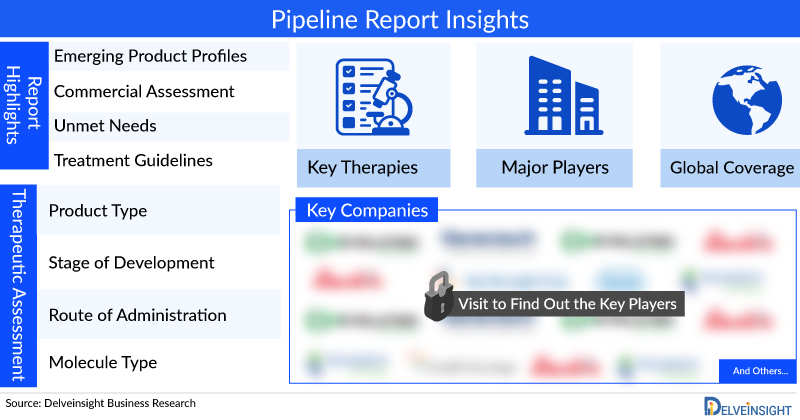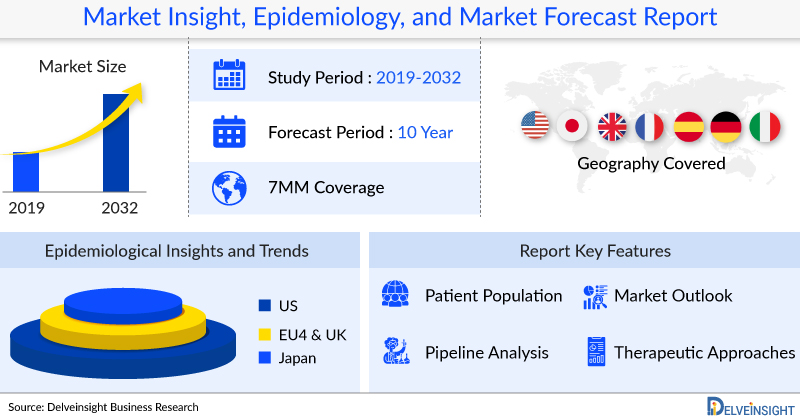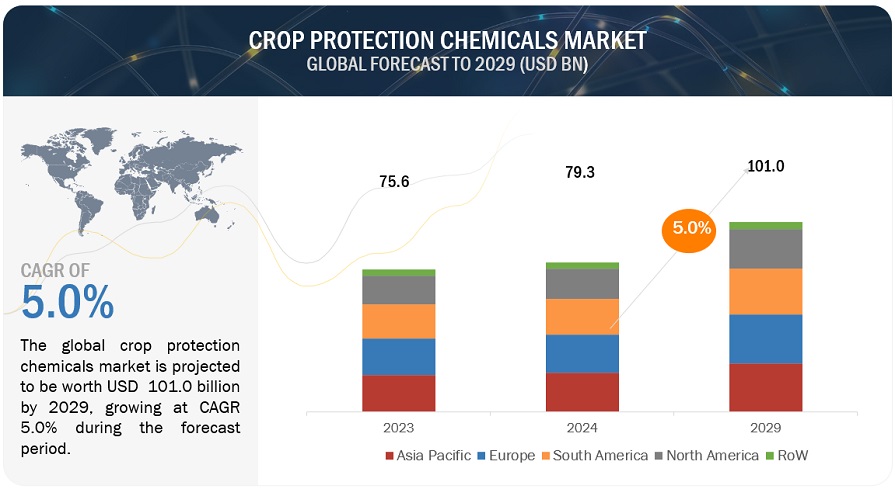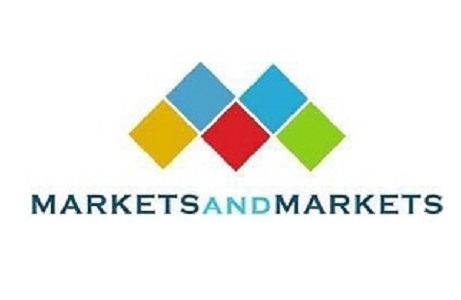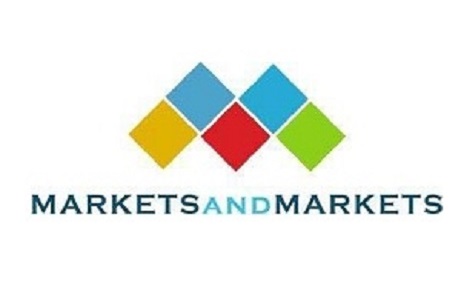
“Microsoft (US), Sony (Japan), Meta (US), HTC (Taiwan), Google (US), Apple (US), Qualcomm (US), Samsung (South Korea), Activision Blizzard (US), NetEase (China), Electronic Arts (US), Take-Two (US), Tencent (China), Nexon (Japan), Epic Games (US), Unity (US), Valve (US), Accenture (Ireland).”
Metaverse Market by Component (Hardware (AR Devices, VR Devices, MR Devices), Software, Professional Services), Vertical (Consumer, Commercial, Industrial Manufacturing), & Region(North America, APAC, Europe,MEA, Latin America) – Global Forecast to 2030.
The global Metaverse market size is expected to grow from USD 83.9 billion in 2023 to USD 1,303.4 billion by 2030 at a CAGR of 48.0% during the forecast period. The proliferation of AR/VR/MR technologies and the rise in partnerships and acquisitions in the metaverse and extended reality space would drive the demand and growth of the metaverse market.
Download PDF Brochure@ https://www.marketsandmarkets.com/pdfdownloadNew.asp?id=166893905
The metaverse market is expanding, and vendors are adopting a strategic focus to attract customers. VR hardware, including headsets, controllers, and tracking systems, has improved dramatically in terms of quality, affordability, and accessibility, making VR more attractive to a broader audience. VR has found applications in training and education across various industries. From medical simulations to flight and job training, VR provides a safe and effective way to learn and practice in realistic scenarios. These services are increasing the demand for the metaverse market.
Extended Reality Software segment holds the largest market size during the forecast period.
Various extended reality software includes AR and VR web app development tools, AR and VR mobile app development tools, AR and VR studios, Software Development Kits (SDK), and cloud-based tools. The extended reality software market has witnessed high growth and will significantly increase during the next five years. Mass consumerization would help achieve widespread adoption of extended reality software globally. XR is a spectrum of immersive technologies, including VR, AR, and mixed reality (MR). These technologies can be crucial in developing and using the metaverse, enhancing the overall user experience, and enabling various applications:
Immersive Environments: XR can provide a more immersive and realistic experience within the metaverse. Users can interact with digital environments and objects as if physically present, enhancing their sense of presence and engagement.
Avatar Customization: XR can create highly detailed and lifelike avatars. Users can design avatars that closely resemble themselves or take on entirely different personas, allowing for more personalized and expressive interactions in the metaverse.
Virtual Meetings and Collaboration: XR can enable virtual meetings and collaborative workspaces in the metaverse. Users can meet as avatars in virtual conference rooms or collaborate on projects in shared virtual environments, making remote work and collaboration more engaging and efficient.
Industrial Manufacturing vertical to record the highest CAGR during the forecast period.
Metaverse technologies, such as AR, VR, and MR, have a wide range of use cases in industrial manufacturing. The technologies support the industry’s installation, assembly, maintenance, and remote assistance. This technology is used in enterprises to train personnel, provide information about industrial facilities, redesign products, and simulate industrial scenarios. It has given improved visibility to trainers. It is an innovative technology that is compatible with Industry 4.0. The use of AR technology minimizes human errors, improves efficiency, and reduces the expenses of enterprises. For instance, AR/VR training courses developed by Novac Technology Solutions can provide a secure training environment for manufacturing companies to educate their workforce on diverse topics such as machine designs, product designs, plant layouts, safety protocols, and other related concepts. There have been several applications of AR displays in the enterprise space. For instance, Boeing, a leading manufacturer of commercial jetliners, uses AR technology to ease the complex wiring tasks used in every new 787-8 Freighter. This technology overlays text related to the internal schematics of planes on AR displays during their repair and maintenance. It also helps enhance the productivity of workers and ensures error-free operations.
Our analysis shows North America holds the largest market size during the forecast period.
As per our estimations, North America will hold the most significant market size in the global metaverse market in 2023, and this trend will continue. There are several reasons for this, including numerous businesses with advanced IT infrastructure and abundant technical skills. Due to these factors, North America has the highest adoption rate of the metaverse. Vendors operating in the metaverse ecosystem in North America are Apple, Google, Microsoft, and Meta. Apple is one of the leading players focusing on using AR technology in its hardware, such as 3D cameras and displays. Such regional players are a crucial factor driving North America’s market growth. The high usage of social media apps like Snapchat, Facebook, and Instagram will fuel the demand for advanced technologies from consumer applications. Companies are making significant developments in the XR market in the region. The presence of many cloud service providers in America will enable metaverse companies to host virtual worlds and experiences and store a large amount of data. The growth of edge infrastructure in America will empower applications such as AR, VR, and gaming, requiring real-time responses.
Request Sample Pages@ https://www.marketsandmarkets.com/requestsampleNew.asp?id=166893905
Unique Features in the Metaverse Market
The development of immersive virtual environments is one of the metaverse market’s distinctive characteristics. These immersive settings make use of cutting-edge technology like augmented reality (AR) and virtual reality (VR) to provide users incredibly engaging and participatory experiences. These virtual environments, which can replicate real-world situations or build whole new worlds, allow users to explore, participate, and create. They present countless opportunities for business, education, and entertainment.
In the metaverse economy, interoperability and open standards are essential. Users can switch between multiple virtual worlds and applications with ease because the metaverse’s many platforms are made to work with one another. Open standards and protocols enable this interoperability, guaranteeing a unified and integrated user experience.
Decentralization and blockchain integration are defining features of the metaverse. By using blockchain technology, the metaverse can offer secure and transparent transactions, ownership verification, and digital asset management. Non-fungible tokens (NFTs) play a significant role, allowing users to own and trade unique digital items, real estate, and other virtual assets. This decentralized approach promotes user empowerment and reduces reliance on centralized authorities.
The concept of persistent and shared virtual worlds is a hallmark of the metaverse. Unlike traditional online games or virtual spaces, the metaverse continues to exist and evolve even when users are offline. These persistent worlds are continuously accessible and populated by users from around the globe, creating a dynamic and ever-changing environment. This persistence enhances the sense of reality and community within the metaverse.
Enhanced social interactions are a key feature of the metaverse. The virtual environments are designed to facilitate meaningful social connections and collaborations. Users can interact in real-time through avatars, participate in social events, attend virtual meetings, and collaborate on projects. These social features are often enhanced by spatial audio, gesture recognition, and other technologies that mimic real-world interactions.
Major Highlights of the Metaverse Market
The metaverse market has seen tremendous expansion and substantial funding from venture capitalists, big IT companies, and other investors. This cash inflow is spurring development and innovation, resulting in the construction of more sophisticated and varied metaverse platforms. Businesses that are substantially investing in metaverse technology include Meta (previously Facebook), Microsoft, and Google, demonstrating their great belief in the market’s potential.
One significant selling point in the metaverse market is technological developments. Realistic and more approachable virtual experiences are now possible because to advancements in graphics, processing power, and internet connectivity, as well as the growth of VR and AR technology. The performance and scalability of metaverse systems are being further improved by innovations like 5G and edge computing, allowing for smooth and excellent user experiences.
The metaverse is expanding beyond gaming and entertainment into various sectors, including education, healthcare, real estate, and corporate training. Virtual classrooms, medical simulations, virtual real estate tours, and remote collaboration tools are some examples of how the metaverse is being utilized in diverse fields.
The rise of virtual economies is a defining feature of the metaverse market. Users can earn, spend, and trade virtual currencies and assets within metaverse platforms. The integration of blockchain technology and NFTs has facilitated the creation of unique digital items and properties that can be owned and traded securely.
The metaverse is transforming social and collaborative experiences by providing immersive and interactive virtual spaces. Users can connect, socialize, and work together in ways that mimic real-world interactions. Features such as spatial audio, realistic avatars, and shared virtual environments enhance the sense of presence and community.
Inquire Before Buying@ https://www.marketsandmarkets.com/Enquiry_Before_BuyingNew.asp?id=166893905
Top Companies in the Metaverse Market
The prominent players across all service types profiled in the metaverse market’s study include Microsoft (US), Sony (Japan), Meta (US), HTC (Taiwan), Google (US), Apple (US), Qualcomm (US), Samsung (South Korea), Activision Blizzard (US), NetEase (China), Electronic Arts (US), Take-Two (US), Tencent (China), Nexon (Japan), Epic Games (US), Unity (US), Valve (US), Accenture (Ireland), Adobe (US), HPE (US), Deloitte (UK), Tech Mahindra (India), Ansys (US), Autodesk (US), Intel (US), ByteDance (China), NVIDIA (US), Epson (Japan), Panasonic (Japan), EON Reality (US), Roblox (US), Lenovo (China), Razer (US), Nextech AR Solutions (Canada), ZQGame (China), Talecraft (US), VR Chat (US), Decentraland (US), Sandbox VR (US), and Quidient (US).
Google:
Google is a multinational American technology company specializing in Internet-related services and products. Alphabet Inc. is the parent organization of Google. Google’s primary product is its search engine, which enables users to find online information. The company offers many other products and services, including email, cloud storage, productivity software, mobile operating systems, and online advertising technologies. Its most popular products include Google Chrome, Google Maps, Google Drive, and YouTube. It also provides solutions based on augmented reality (AR) and virtual reality (VR) technologies. Google operates through three business segments: Google Services, Google Cloud, and Other Bets. Google Services offers products and services such as ads, Android, Chrome, hardware, Google Maps, Google Play, Search, and YouTube. Google Services generates revenues primarily from advertising, sales of apps, and in-app purchases, hardware, and fees received for subscription-based products such as YouTube Premium and YouTube TV.
Meta:
The Meta, formerly known as Facebook, Inc., is an American multinational technology conglomerate based in Menlo Park, California. The company is the parent organization of Facebook, Instagram, and WhatsApp, among other subsidiaries. Meta is one of the world’s most valuable companies, one of the big five American information technology companies, alongside Alphabet, Amazon, Apple, and Microsoft. Products and services of Meta include Facebook, Messenger, Facebook Watch, and Facebook Portal. It has also acquired Oculus, Giphy, Mapillary, and Kustomer and has a 9.99% stake in Jio Platforms. The company generates a substantial share of its revenue from selling advertisement placements to marketers. Meta mainly operates through two business segments—Family of Apps and Reality Labs. Family of Apps specifically offers social platforms and services, including Facebook, Instagram, WhatsApp, and Messenger. Reality Labs offers Meta Quest virtual reality devices, software, and content. These offerings provide various social experiences like gaming, fitness, and entertainment. Horizon Worlds is a social platform allowing people to interact with friends, play games, attend virtual events, and meet new people. Horizon Workrooms is a virtual reality space for teams to connect and collaborate. As part of the company’s virtual reality initiatives, mixed reality capabilities have been introduced through the Meta Reality system on Meta Quest Pro, allowing users to experience virtual reality while still being grounded in the physical world. As part of its augmented reality initiatives, the company introduced Ray-Ban Stories smart glasses, which provide hands-free interaction, and Meta Spark, a platform for creators and businesses to develop augmented reality experiences that blend the digital and physical worlds in various apps. Meta has about 71,970 employees and caters to clients from the Americas, Europe, Middle East, and Asia Pacific.
Media Contact
Company Name: MarketsandMarkets™ Research Private Ltd.
Contact Person: Mr. Rohan Salgarkar
Email: Send Email
Phone: 18886006441
Address:630 Dundee Road Suite 430
City: Northbrook
State: IL 60062
Country: United States
Website: https://www.marketsandmarkets.com/Market-Reports/metaverse-market-166893905.html
Press Release Distributed by ABNewswire.com
To view the original version on ABNewswire visit: Metaverse Market Size, Share, Emerging Technologies, Trends, Top Key Players Update, and Forecast 2030

